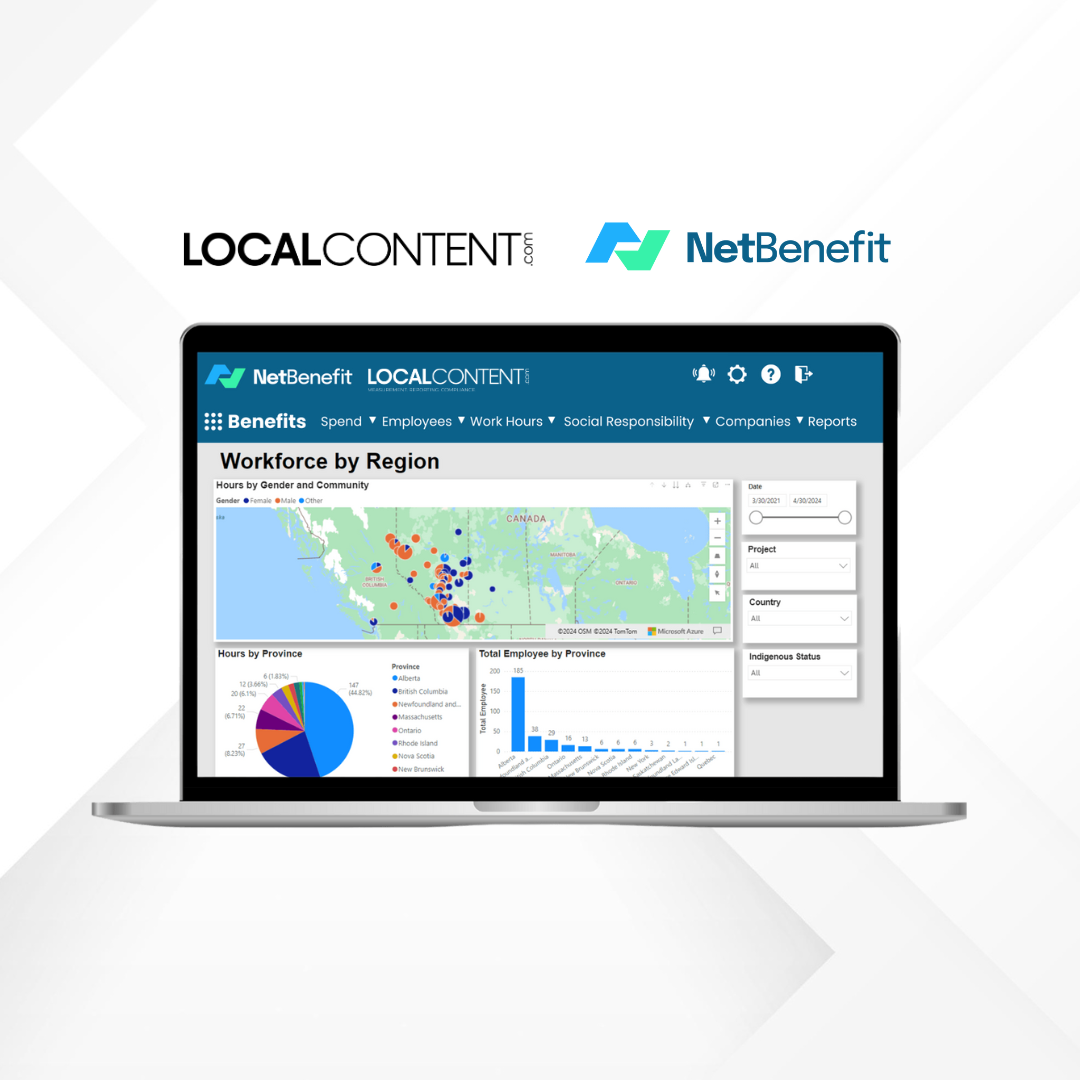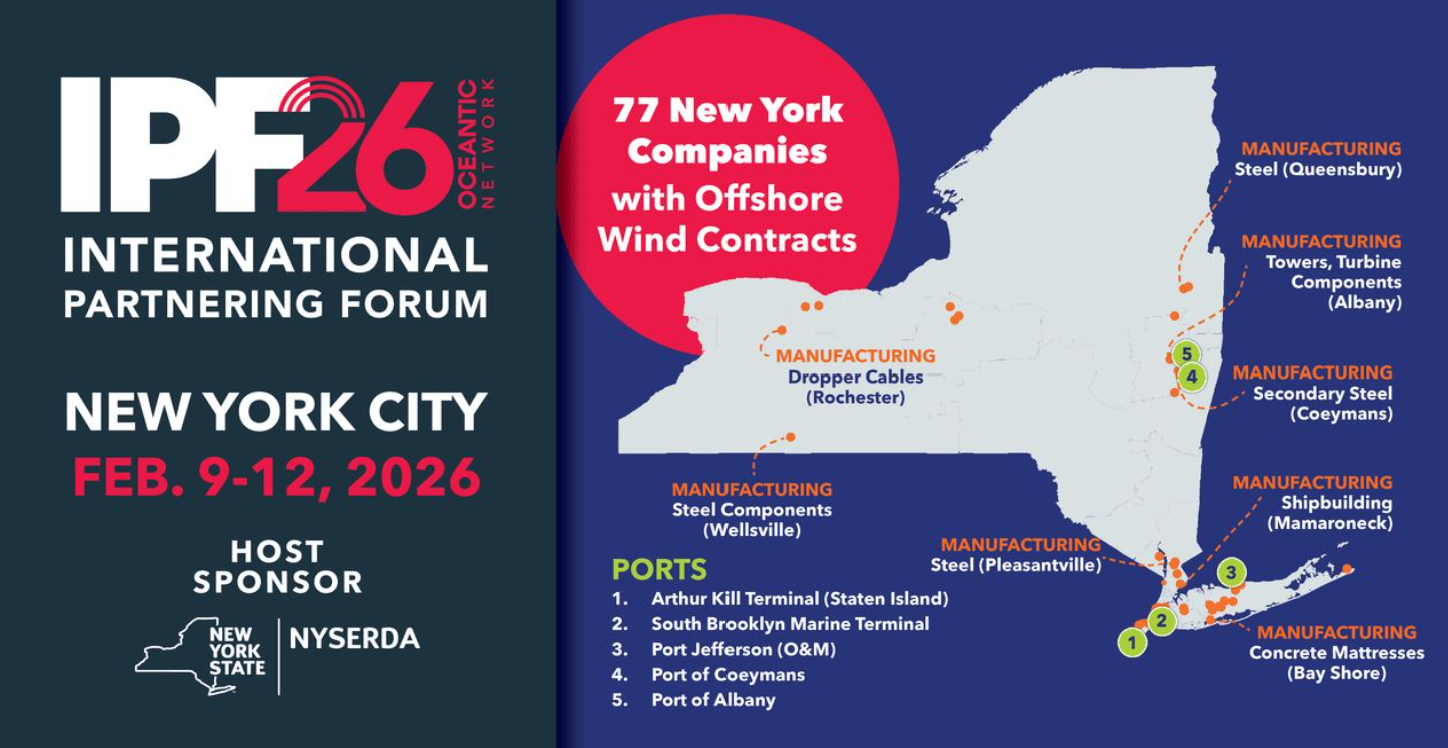Infrastructure Investment and Jobs Act (2021)
The Infrastructure Investment and Jobs Act (IIJA), signed into law on November 15, 2021, is a $1.2 trillion bipartisan effort to modernize U.S. infrastructure. It funds transportation, broadband, clean energy, and water systems, with a strong emphasis on local and domestic content requirements to strengthen American industries.
Financial Impact and Key Allocations
The IIJA distributes funding across multiple sectors:
- Transportation: $110 billion for roads and bridges, $66 billion for rail, $39 billion for public transit
- Broadband Expansion: $65 billion to improve access in underserved areas
- Water Systems: $55 billion for clean drinking water infrastructure
- Clean Energy: $73 billion for power grid upgrades and renewable energy investments
Local and Domestic Content Framework
The IIJA incorporates Build America, Buy America (BABA) provisions, ensuring federally funded projects prioritize domestically produced materials. These requirements apply to:
- Iron and steel used in construction
- Manufactured goods incorporated into infrastructure projects
- Construction materials such as glass, lumber, drywall, and fiber optics
Under Section 70914, federal agencies cannot obligate funds unless materials are U.S.-made, except in cases of unavailability or excessive costs.
1.Supply Chain and Economic Development
The IIJA strengthens domestic supply chains by requiring U.S.-based sourcing for infrastructure projects. This boosts manufacturing, logistics, and technology sectors, ensuring economic resilience and reducing reliance on foreign imports.
2.Workforce Development
The act is expected to create over 1.5 million jobs annually, supporting industries such as construction, engineering, and clean energy. Workforce training programs receive $10 billion to enhance skill development, including:
- Apprenticeships in infrastructure-related fields
- Technical certifications for long-term job stability
- Employment access programs in underserved areas
3.Community Benefit Investments
The IIJA prioritizes equitable infrastructure development, ensuring funding reaches rural and disadvantaged communities. Investments include:
- Broadband expansion for digital inclusion
- Clean drinking water projects to eliminate lead contamination
- Public transit improvements for accessibility and efficiency
4.Stakeholder Engagement
The act encourages collaboration between federal, state, and local governments, alongside business leaders and community organizations. Stakeholder engagement ensures effective implementation, transparency, and long-term economic benefits.










